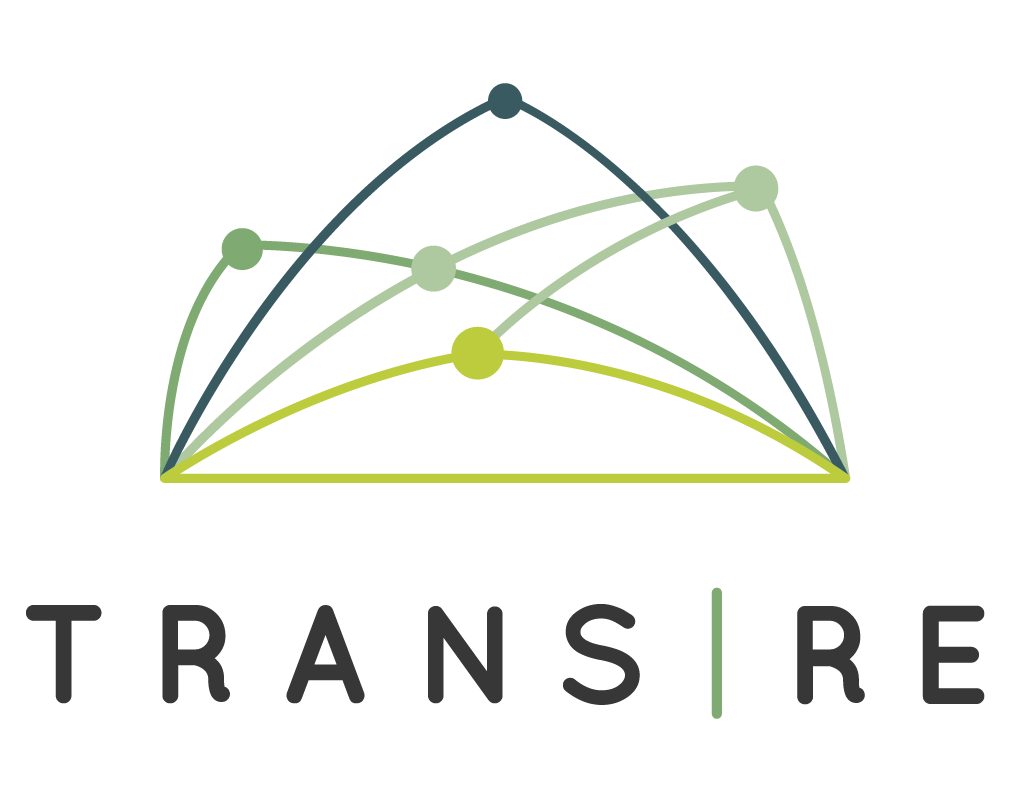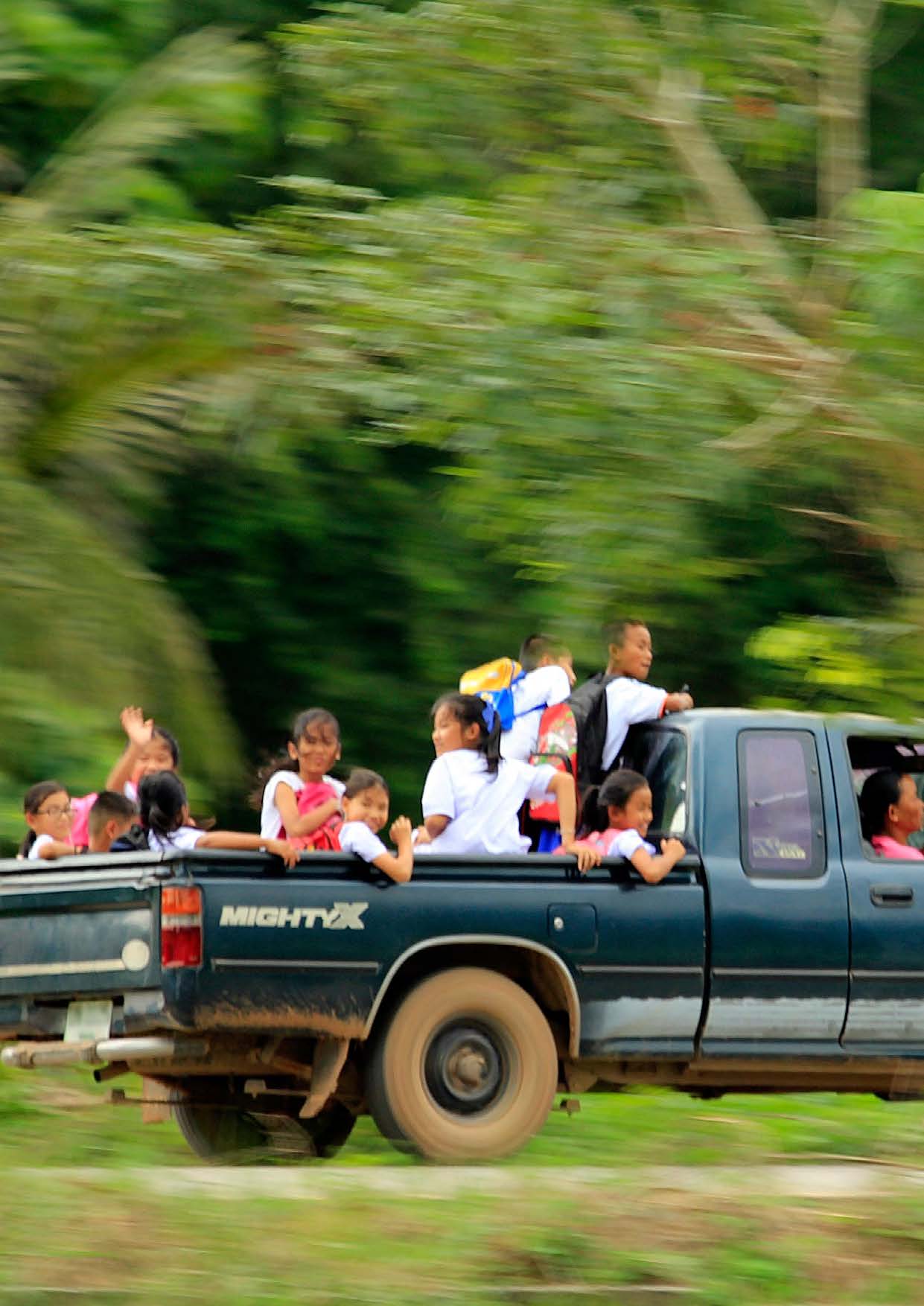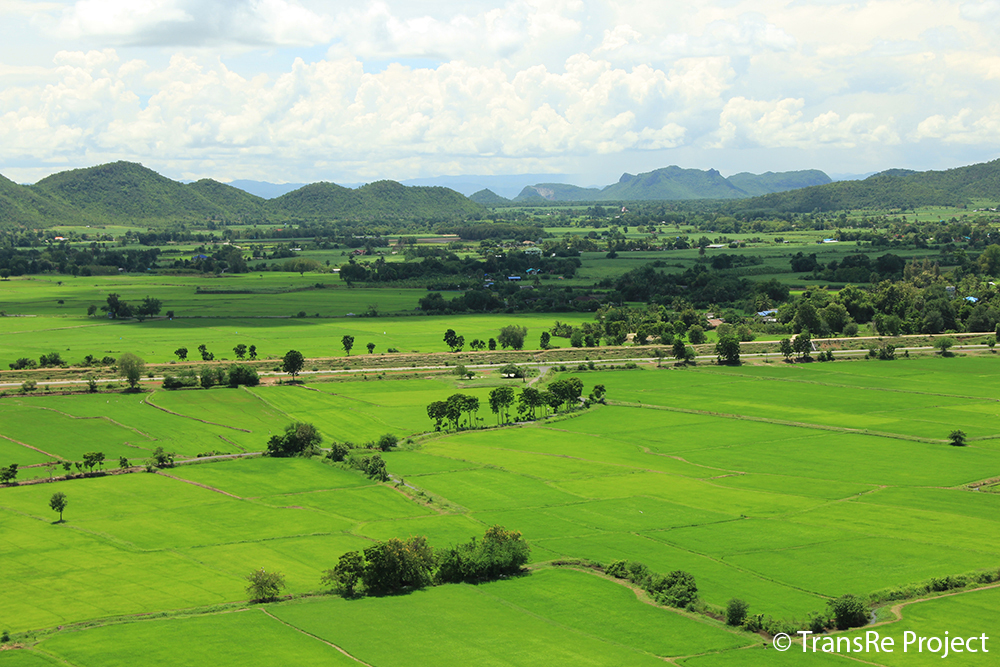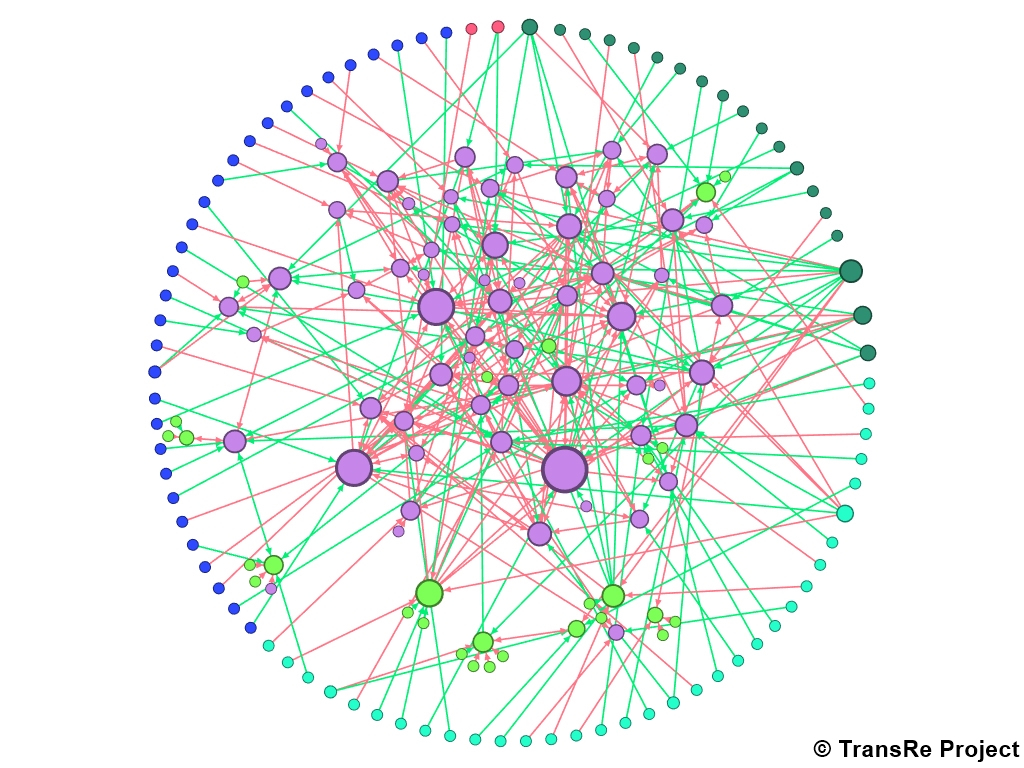TransRe

The TransRe project offers a fresh perspective on the environment-migration nexus. It starts from the assumption that, regardless of the accuracy of the projections of future environmental changes, migration is already occurring and will continue to be a major dynamic of global change.
Migration is connecting people, transforming places, and facilitating flows of knowledge and resources, and thus creating networked and interconnected translocal spaces. Through this intensifying translocal connectedness, the ability of households and communities to respond to climatic risks and sustain their livelihoods and well-being – that is, their social resilience – has the potential to be strengthened. Our project focuses on resource-dependent households and rural communities that are particularly vulnerable to climate-related risks.
We seek to decipher the relations between migration, translocality and social resilience to climate change. Our research design follows place-based as well as multi-sited fieldwork approaches and seeks to generate empirical evidence based on case studies carried out in Thailand and in the places of destination of migrants. The research focuses on the following areas:
- Livelihoods, Risk and Vulnerability,
- Social Networks & Translocal Resilience,
- Social Practices of Translocality (Internal &Transnational Migration),
- Governing Translocal Social Resilience.



